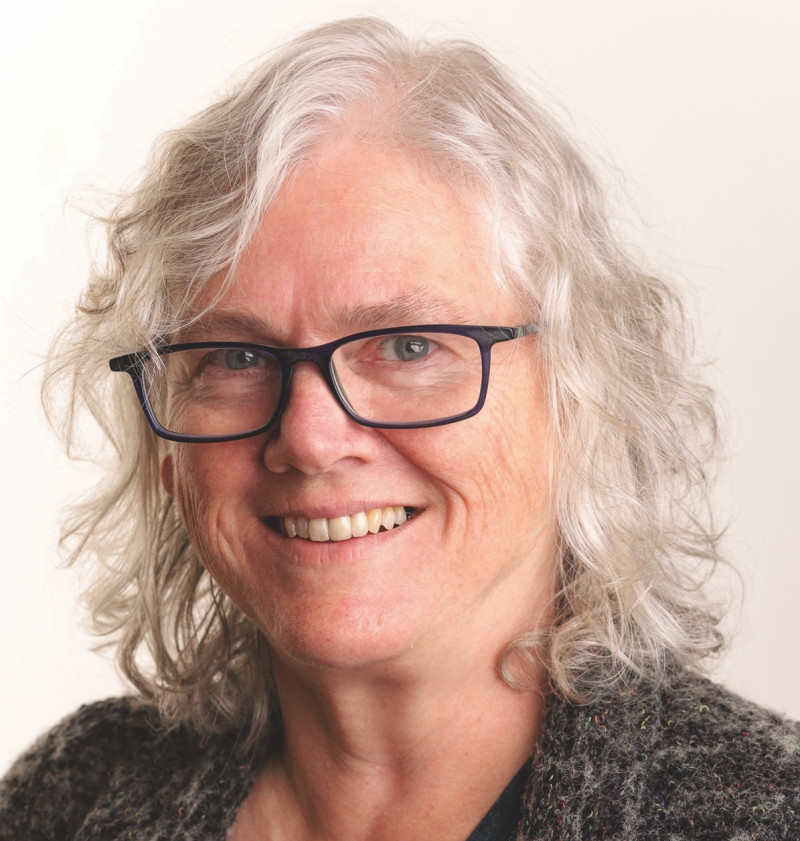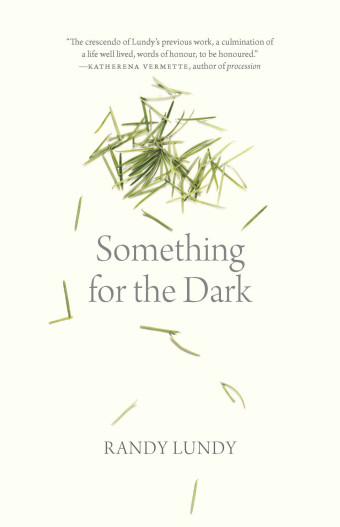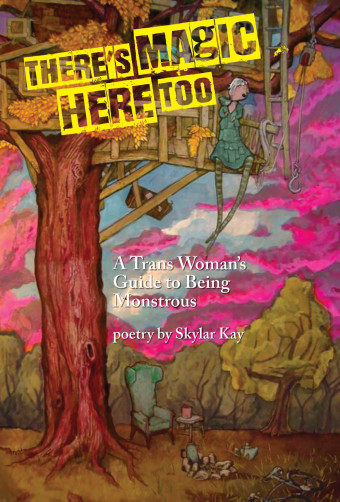St. Boniface Elegies is Winnipeg writer Catherine Hunter’s fourth book of poetry and her first since 1997’s Latent Heat. In the intervening years, she’s published five novels, most recently After Light.

- St. Boniface Elegies
- Catherine Hunter
- Signature Editions
- $17.95 Paperback, 96 pages
- ISBN: 978-17-73240-45-9
Although more than 20 years have passed since her last book of poetry was published, Hunter has never stopped writing poems, “but it wasn’t until recently that it seemed there were enough like-minded poems to make up a book,” she explains.
The poems in this collection showcase Hunter’s craft: “I’m more aware of formal elements in poetry than I used to be,” she says about how her approach to writing poems has changed over the years.
Animated as they are with grief and the anticipation of loss, the poems in St. Boniface Elegies are fierce and intense. Their lines and images stick long after the book has been finished.
For Hunter, a focus on visual images bridges the gap between the intense experience and the process of making art about it: “In ‘The News,’ I rely on visual memories of the summer of 2016, when my partner, Ron, was treated for cancer. I felt we’d suddenly been transported into the future and, seeing the ends of our lives approaching, began to recall images from childhood. I was haunted by the concept that we’d gone too far, we were way beyond where we should be, and that made me think of the NASA space program.”
The images Hunter uses contribute to a sense that these poems are always moving – in time and in space, in imagination and in memory. “Many of us have a home in our imagination, a place we long to be, even if we’ve never been there,” she says.

“Possibly that’s the human condition. Possibly art takes us there, briefly from time to time, and connects us to a sense of belonging.”
Part of the work of these poems is to claim the complexities of grief from a tradition that oversimplifies them and appropriates them for aesthetic purposes. “For what I’m losing, / I am losing here, on Earth, not in those other worlds, that other side / where you have so poetically dissolved. Leave me my imperfect troubles, / my empty bungalow, my dusty books,” she writes in “The Haunting.” This is one of a few glosas in the collection, which are poems structured around four lines from another poet, in this case Rainer Maria Rilke.
“I love Rilke’s elegies,” Hunter says, “but his romantic attitude toward women’s suffering, the way he aestheticizes it and makes it beautiful, sometimes seems parasitic. I like talking back to him through the glosa form because my own lines are literally between the lines of his poem. Feels like I’m talking to him from inside his poem, which is a place where I’ve spent a lot of time.”
The collection does not yield the coherent narrative commonly associated with grief that begins in denial and resolves itself in acceptance. “I don’t believe we ever get over huge permanent losses like the death of someone we truly love,” Hunter says. “We never get back to who we used to be. And we never return to the world we once knew.”













